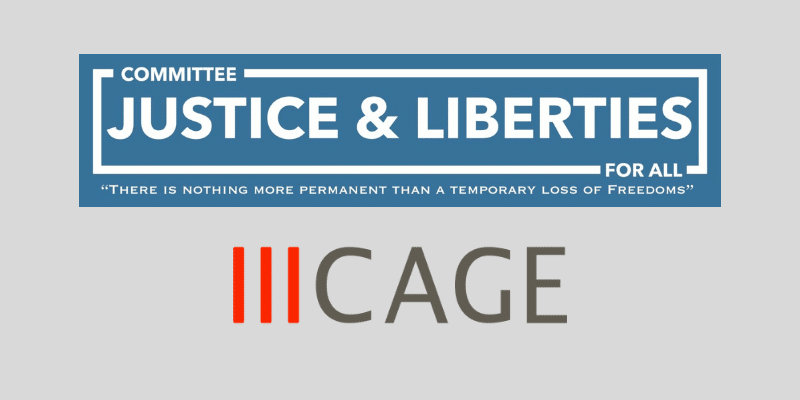CAGE raises key concerns about PREVENT at European Education and Human Rights Forum in Vienna


CAGE recently participated in an international conference on human rights in education in Vienna, where we raised key concerns around the implementation of PREVENT in schools in the UK. Our key message was that PREVENT is turning education into an apparatus of policing and the policy has no place in an education sector that intends to further human rights. The meeting, Organised by the Italian Organisation for Security and Cooperation, was held in Vienna and centred on the right to education as a tool to foster peace and security. Participating States, OSCE institutions and its executive structures, international organisations, civil society organizations and academic experts met to discuss how to advance human rights education and improve access to education. The opening sessions and panel discussed at length that human rights and access to education is not up to standard. Participants noted some states no longer use education to foster peace and security. CAGE community relations officer Shezana Hafiz highlighted that ‘the UK has not just stalled but has failed in this regard’, due to the government’s PREVENT strategy, a counterproductive policy based on a flawed method of evaluating “extremism” knows as the ERG22+. PREVENT is also being rebranded globally as CVE. She raised major concerns with PREVENT and CVE, explaining how the policy, which is underpinning and steering the education system, is turning it into a apparatus of “ state” policing. Educational Institutions should be safe spaces for all. They should promote healthy dialogue and critical thought. However what is increasingly being seen is that, in the name of countering “extremism”, the state is using PREVENT as a tool against children at school as well as young adults at university. This happens through the criminalisation of certain beliefs, arguments, behaviours and questions by labelling them as “extremist”, under vague definitions of the term. This often means young people who challenge government policy are viewed as suspect. She said the high number of false referrals of children and students on allegations of “extremism” by PREVENT is having a devastating impact on children and students in particular. Students are finding it difficult to organize events or academic discussions that challenge the government narrative or question domestic and foreign policy. State policy, she said, has in fact fractured the entire education structure through the stifling of dissent. Students have been dismissed and events shut down, meaning that students or organisations that have tried to organize healthy dialogue and debate have been criminalised. Shezana added that it is deeply worrying to know that PREVENT is being used as a blueprint and being replicated globally as CVE. The impact of such coercive state policy and securitisation of institutions is not just felt in the UK. The hijab ban in France opened the floodgates for further legislation creating a systemic hostile environment from schools to wider society. CAGE stated that the Committee of Justice & Libertes (CJL) in France jointly shared our concerns that state policy is not only stripping away human dignity, but is violating human rights, especially within the education sector. Shezana emphasised that in light of discussions around human rights in education, we must take into account that the full impact PREVENT, a deep rooted Islamophobic policy that fits into the broader paradigm of the War on Terror. She said the trauma suffered by young people who have been viewed under a microscope through the education framework will be counterproductive in the long run. She urged the international community to take the matter very seriously, as the state policies steering education were crucial in shaping the sector. All participants were urged to raise these concerns and to challenge PVE/CVE to restore value in our education systems.
Download Files








